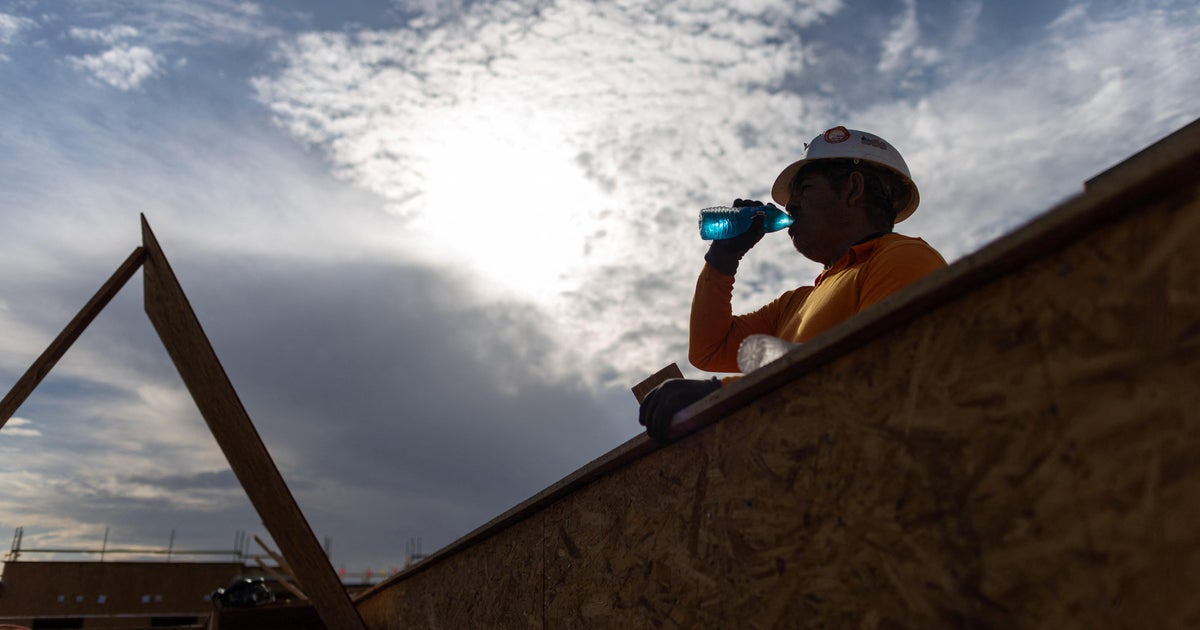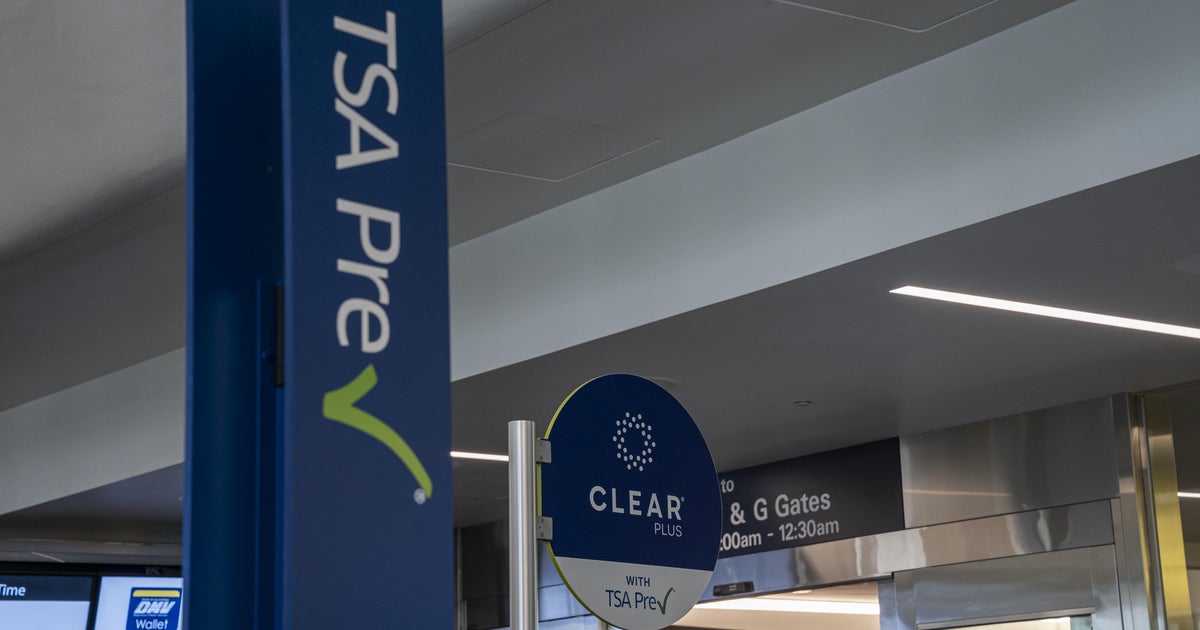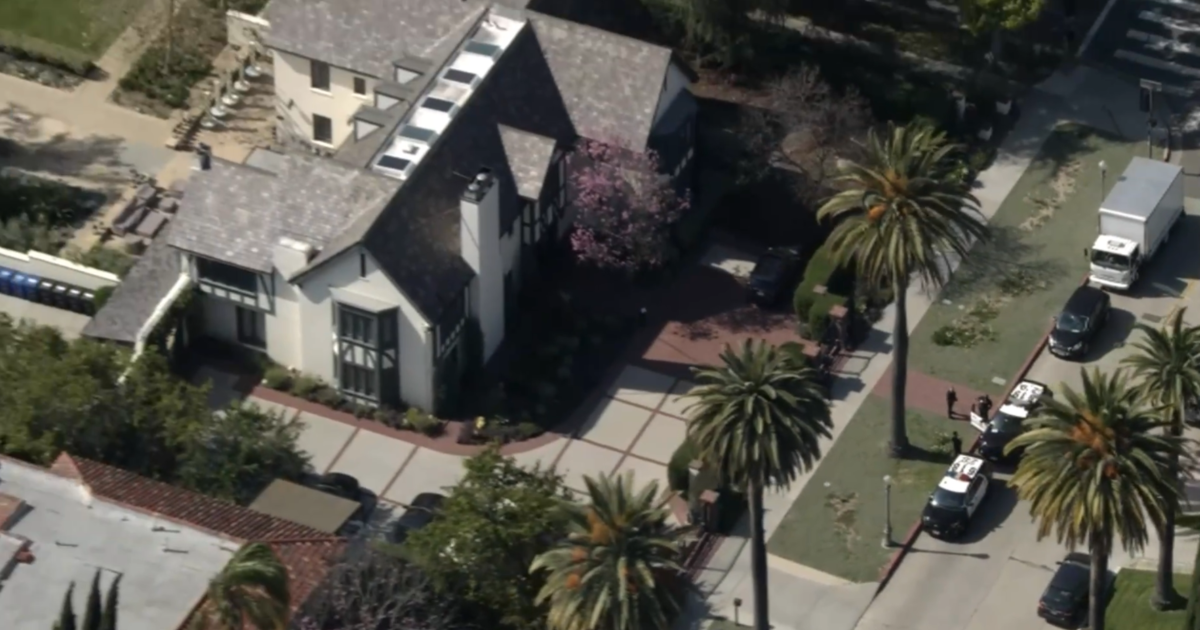Los Angeles mandates $5 per hour "hazard pay" raise for grocery and drugstore workers
Los Angeles has joined a small but growing list of West Coast cities requiring larger grocery and drugstore chains to offer a temporary raise to employees who have continued to work during the coronavirus pandemic.
The Los Angeles City Council this week voted 14-1 to approve a $5 an hour pay boost lasting 120 days, for frontline retail employees. The increase takes effect on Friday.
"While the companies have seen massive profits, it has not trickled down to their employees," council member Nury Martinez tweeted. "These workers are risking their lives. They deserve more than minimum wage."
The move follows the adoption of similar "hazard pay" measures in California's Long Beach, Oakland, San Jose and unincorporated Los Angeles County, as well as in Seattle. Yet while local lawmakers argue the workers deserve to earn more for working through the pandemic, the mandates have drawn pushback from retailers as well as legal challenges. Kroger, the nation's largest grocery chain, has take more aggressive measures, closing four stores.
"Extra pay mandates will have severe unintended consequences on not only grocers, but on their workers and their customers," Ron Fong, CEO of the California Grocers Association, said in a statement to CBS MoneyWatch. "A $5 [per] hour extra pay mandate amounts to a 28%. That's huge. Grocers will not be able to absorb those costs, and negative repercussions are unavoidable."
The trade group has filed legal challenges to hazard pay ordinances in at least three California cities.
Trader Joe's responded by temporarily upping pay by $4 an hour for its workers nationwide but cancelling its traditional midyear raises.
At least 134 grocery workers have died of COVID-19, according to the United Food and Commercial Workers union. Many retailers, including Kroger, began offering extra compensation, sometimes called "hero pay," early last year, but have since ended the practice.
Research has found that frontline employees have a higher risk of coronavirus exposure on the job. Such workers are also more likely to be Black, Hispanic or Native American — populations that have suffered higher rates of COVID-19.
Grocery employees are among the millions of American adults whose poor pay leaves them to rely on federal assistance to survive, according to a report published Thursday by the Government Accountability Office, the nonpartisan research arm of Congress.



